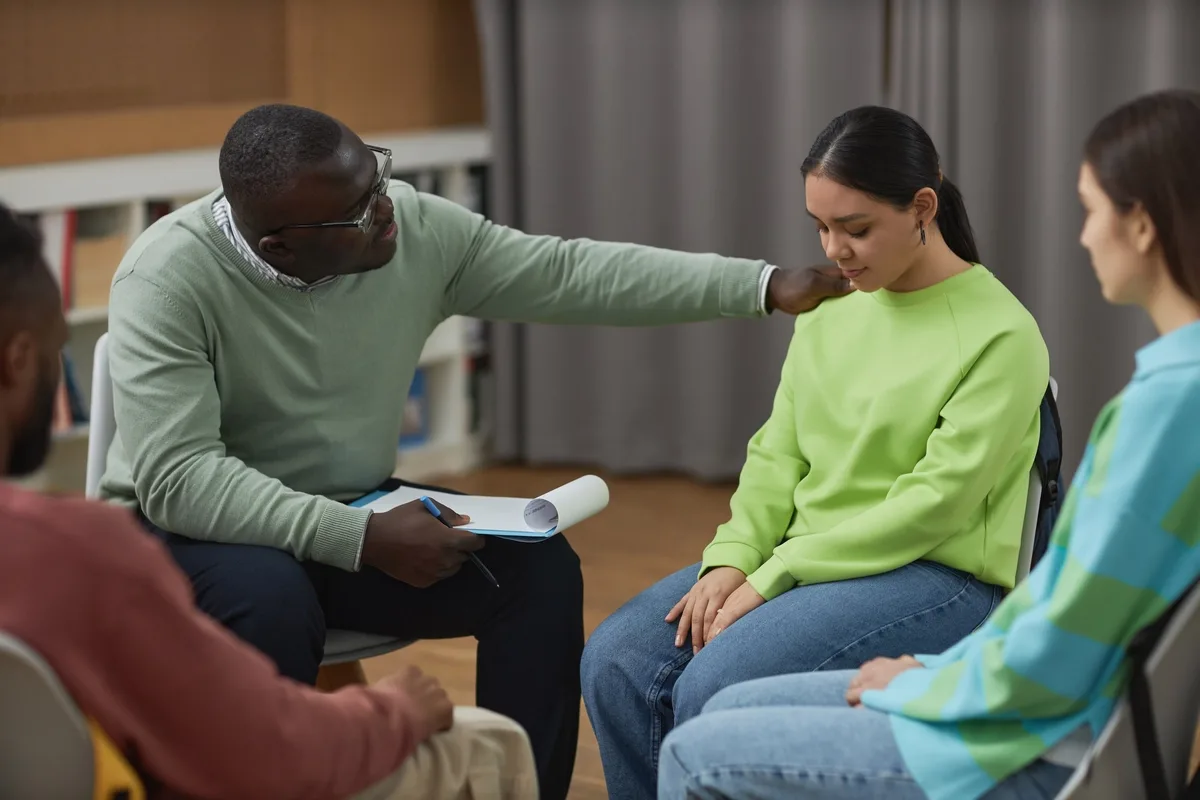24/7 Helpline:
(866) 899-221924/7 Helpline:
(866) 899-2219
Learn more about Opioid Rehab centers in Canoga Park
Opioid Rehab in Other Cities

Other Insurance Options

Amerigroup

Medical Mutual of Ohio
Beacon

CareSource

Absolute Total Care

UnitedHealth Group

Carleon

Magellan Health

Group Health Incorporated

AllWell

United Health Care

Multiplan

Horizon Healthcare Service

Molina Healthcare

Oxford

Private insurance

BHS | Behavioral Health Systems

CareFirst

Aetna

American Behavioral

Wisdom Treatment Center
Wisdom Treatment Center is a private rehab located in Canoga Park, California. Wisdom Treatment Cent...

Looking Glass Counseling
Looking Glass Counseling is a private rehab located in Canoga Park, California. Looking Glass Counse...

Valley Women’s Center
Valley Women’s Center is a private rehab located in Canoga Park, California. Valley Women’s Center s...









